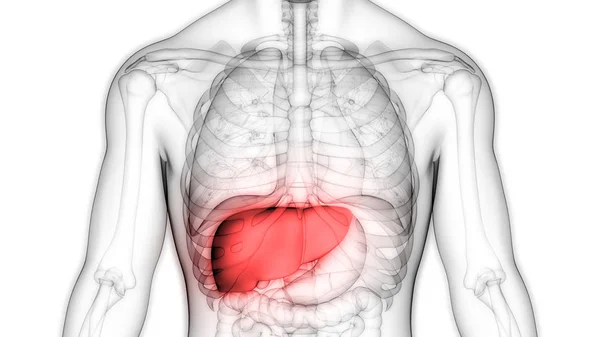Managing Wellness from Liver to Digestive Health:
Tackling Jaundice and Gastric Challenges
JAUNDICE
Jaundice is a condition in which the skin, mucous membranes, and white of the eyes turn yellow as a result of high levels of bilirubin in the blood. Bilirubin is a yellow pigment that is released when red blood cells are broken down. Usually, the liver converts bilirubin into bile. However, when this process is interrupted or fails, bilirubin accumulates in the body, leading to jaundice.
SYMPTOMS & DIAGNOSIS
-
Yellowing of Skin & Eyes
-
Dark Urnie & Pale Stools
-
Itching
-
Abdominal Pain
-
Physical Examination
-
Sometimes Liver Biopsy
-
Imaging tests:CT Scan & MRI
-
Blood tests:Bilirubin Levels & Liver Function Tests

TREATMENT
Newborns
Phototherapy Treatment for newborns Exchange transfusion.
Liver-related Jaundice
Treat underlying conditions like hepatitis or cirrhosis.
Obstructive Jaundice
Surgery or endoscopy procedures to remove blockages.
Hemolytic Jaundice
Treat underlying hemolytic conditions.
STOMACH PROBLEMS
Stomach problems are a big number of medical conditions that affect the stomach and require specific treatments depending on what causes them. They may include gastritis, peptic ulcers, and GERD, among others.
SYMPTOMS
Abdominal Pain
A burning feeling or gnawing ache in the upper part of your belly. It may get worse after eating or lying down.
Fatigue
This is a sense of tiredness or weakness that may arise from long-existing inflammation, malabsorption of nutrients or the effects of the digestion process.
Heartburn
A painful burning feeling in your chest, particularly after meals or at night, due to acid reflux from your stomach into your oesophagus.
Unintended Weight Loss
A significant drop in weight without intending to do so, often seen with prolonged digestive problems that affect the absorption of nutrients into the body.
Acid Reflux
A sour or bitter taste in the mouth, especially when one lies down or bends over because acid flows back up into the food pipe.
Nausea & Vomiting
Feeling sick in your stomach or throwing up, which can be brought on by certain foods, stressors or underlying conditions like gastritis or gastroparesis.
Indigestion
It is an overall unpleasant feeling or painful sensation in the upper belly, usually after dining, which can be an indicator of gastritis or GERD.
Bloody or Dark Stools
This means that blood is being passed through the digestive system, which can happen with ulcers in the peptic ulcers or more severe illnesses like gastric cancer.
TREATMENT
- Antacids: Neutralises acid in the stomach.
- H2 Receptor Blockers: Reduces acid production.
- Proton Pump Inhibitors (PPIs): Stop acid production.
- Antibiotics: For bacterial infections, e.g. H. pylori.
- Prokinetics: Strengthening LES and improving stomach emptying.
- Small, Frequent Meals: Less stress on the stomach.
- Avoid Trigger Foods: These include Spicy foods, Caffeine, and Alcohol.
- Maintain a healthy weight: Reduce pressure on the stomach, which is necessary for digestion to take place smoothly.
- Elevate Head While Sleeping: Acid reflux prevention.
- Avoid Lying Down After Eating: As to allow appropriate digestion.
- Quit Smoking: Lower oesophageal sphincter weakness may be caused by Smoking.
- Fundoplication: For severe GERD.
- Gastric Bypass: For morbid obesity with related conditions.
- Gastrectomy: For Stomach Cancer or Severe Peptic Ulcers.
- Endoscopic Mucosal Resection (EMR): Removal of early-stage cancer or precancerous growths.
- Endoscopic Balloon Dilation: Dilates narrowed areas in the oesophagus and stomach.
